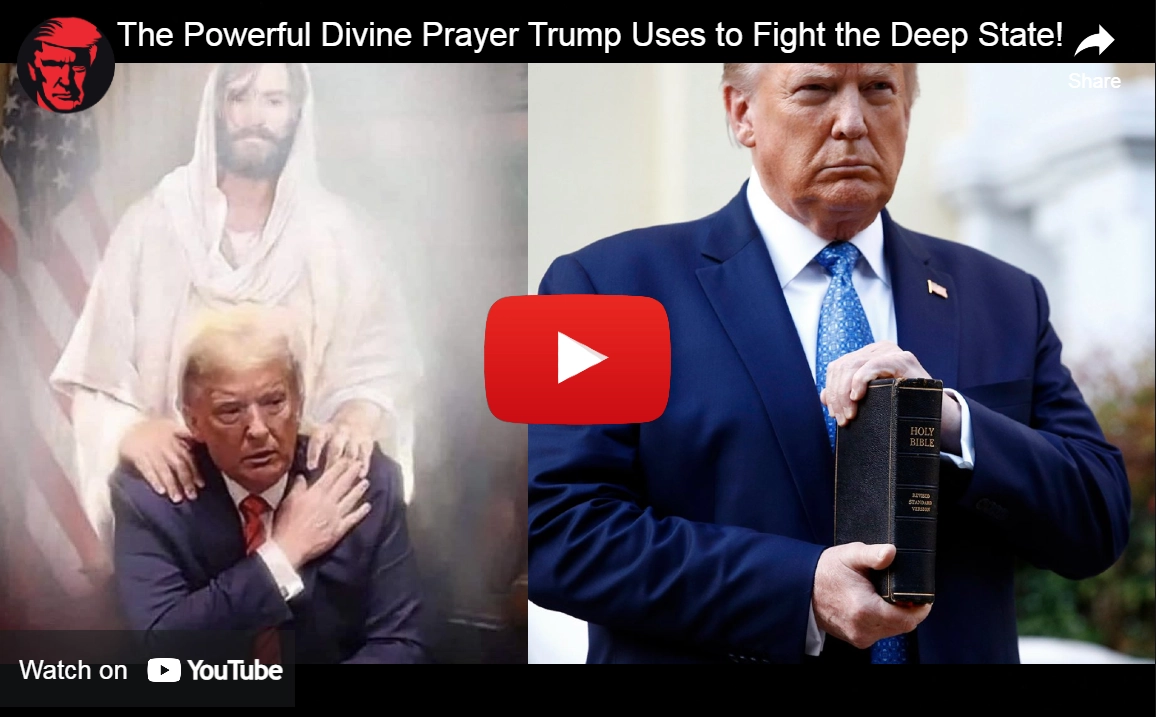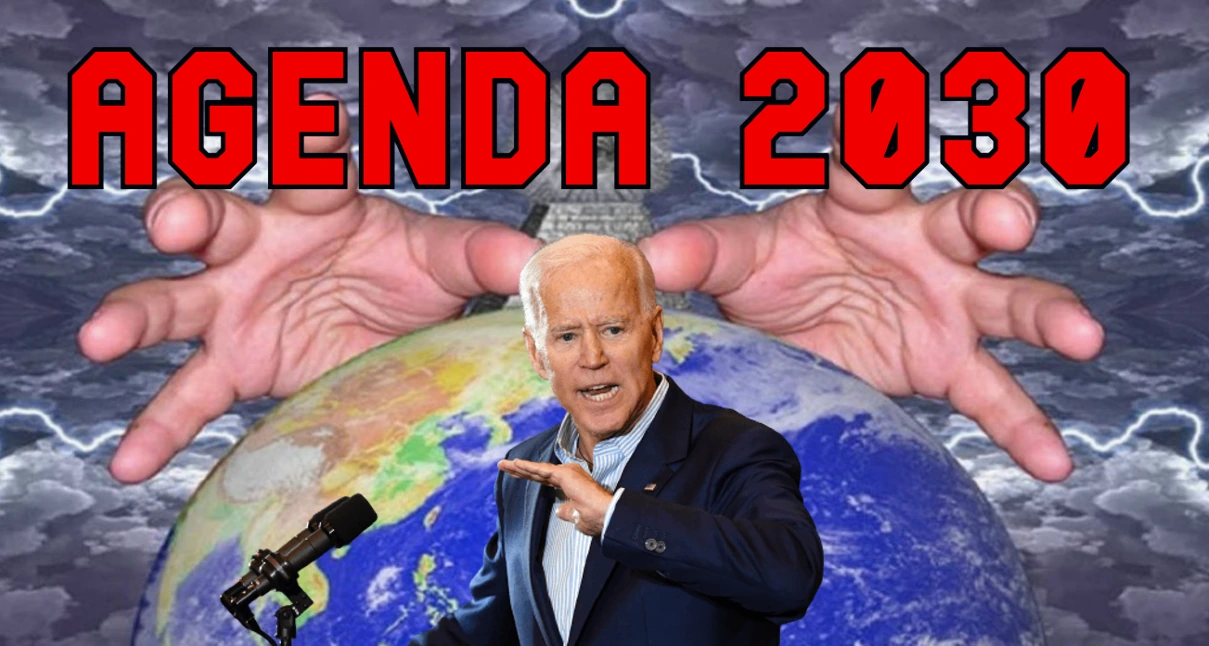In a daring move that sends shockwaves through the fabric of global politics and sovereignty, the United Nations has unveiled its Agenda 2030. This document, masquerading as a beacon of hope for global sustainability and cooperation, harbors within its pages a plan so audacious, it has sent alarm bells ringing for anyone closely scrutinizing its content. The very foundation of American democracy, encapsulated in the hallowed words of the U.S. Constitution, is under silent assault by an organization that now seems to view itself as the ultimate arbiter of global governance.
Let’s dissect the audacity of the U.N.’s Agenda 2030. Section 52 audaciously borrows the immortal words “We the Peoples” from the U.S. Constitution, a document revered for laying the groundwork of a nation built on the principles of freedom, rights, and justice. The irony is stark and deliberate; the U.N. usurps this phrase, diluting its profound significance by embedding it within a plan that aims not to empower, but to govern from a lofty perch of self-assigned superiority.
The document’s scant reference to “rights” — a cornerstone of the American republic and the very essence of its Constitution — is a glaring omission that cannot be overlooked. This singular mention is not merely an oversight but a calculated move to shift the focus from individual freedoms to collective mandates, dictated by an unelected global body. The U.N.’s agenda, under the guise of meeting worldwide “needs” and “sustainability,” is a thinly veiled attempt at consolidating power on an unprecedented scale.
Warning – Agenda 2030 Contains a Deadly Black Swan That Will Destroy American Families!

The founding fathers of the United States envisioned a nation where power was a shared responsibility, a delicate balance between government and the governed, ensuring stability and safeguarding against the tyranny of absolute power. They could scarcely have imagined a scenario where an international entity would presume to override this balance, positioning itself above the sovereignty of nation-states.
The Biden administration’s apparent eagerness to align the U.S. with this agenda, through treaties expanding the World Health Organization’s authority, is a maneuver that skirts the very edges of constitutional bypass. This strategy, reminiscent of the controversial Iran Agreement, raises fundamental questions about the erosion of U.S. sovereignty and the circumvention of the Senate’s treaty-ratification authority.
Agenda 2030’s claim to global governance extends its reach into every corner of human activity, from local governments to indigenous tribes, from the private sector to the scientific community. This sweeping assertion of authority, with its grandiose vision of inclusivity, belies a fundamental disrespect for the autonomy and decision-making power of individual states and communities.
The document’s appeal to popular support, citing millions who have “engaged with” and will “own” the agenda, is a hollow claim devoid of democratic legitimacy. No vote, no consensus, just a unilateral declaration of a global takeover, wrapped in the language of unity and progress.
Must Watch! – The Powerful Divine Prayer Trump Uses to Fight the Deep State!

Comparing Agenda 2030 to the ideals fought for in the Civil War or the foundational principles of the United States is not just misguided; it’s a mockery of the sacrifices made in the name of freedom and democracy. The U.N.’s attempt to cloak its ambitions in the revered language of Lincoln’s Gettysburg Address is a manipulation of historical significance for its own ends.
The U.N.’s Agenda 2030 stands not as a document of hope but as a testament to the overreach of an organization that seeks to reshape the world order in its image. It is a blueprint for a future where national sovereignty is subsumed under the banner of global governance, where the rights and freedoms fought for and cherished by generations are sidelined in favor of a centralized authority.
This analysis is not just a critique but a call to awareness. The implications of Agenda 2030 reach far beyond environmental sustainability and into the very heart of what it means to be sovereign nations and free peoples. As this agenda moves forward, it is imperative that citizens around the globe, especially Americans, remain vigilant, questioning the motives and the consequences of a plan that seeks to redefine the world as we know it.
In conclusion, the U.N.’s Agenda 2030 is a document that demands scrutiny, not just for its audacious goals but for the means by which it seeks to achieve them. It is a challenge to the very principles of democracy, sovereignty, and freedom, a challenge that must be met with informed debate, critical analysis, and, above all, a steadfast commitment to the rights and liberties that define us.




